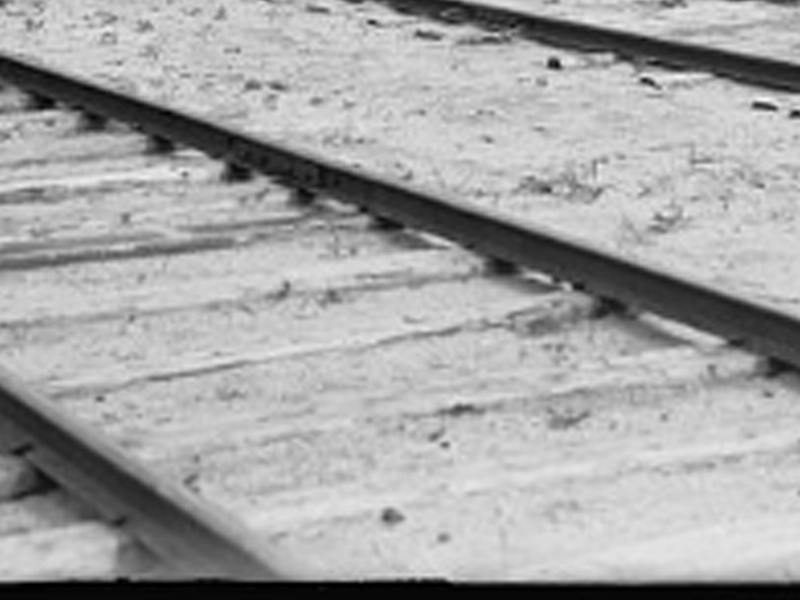CAPE MAY, NJ — Recent coastal erosion at Cape May Beach has revealed the long-buried remains of historic railroad tracks, attracting local historians and curious visitors. The tracks, once hidden under sand and water, have become visible due to shifting tides and natural environmental changes.
The tracks come and go on the beach as storms bring in sand and remove sand throughout the year.
The tracks, believed to be from the early 20th century, were part of a rail line that transported passengers and freight along the Cape May peninsula. Historians speculate that these tracks were last used in the 1930s, before being engulfed by the advancing shoreline. The exposure of these relics has offered a rare glimpse into the region’s industrial past.
They were built in the early 20th century by the Cape May Sand Company and used as an industrial line during the era. During World War I, the lines were used to carry munitions to be tested for the U.S. war effort. The Cape May Sand Company’s operation was halted in 1936. Nature eventually reclaimed the beach. It wasn’t until 2014, 80 years later, when the tracks re-emerge for the first time after a storm.
The tracks are a short walk from the sunken concrete ship off the shore from Sunset Beach.
Local authorities have cautioned visitors against removing any pieces of the tracks, emphasizing the importance of preserving historical artifacts. The site has also sparked discussions among environmentalists and geologists about the impacts of coastal erosion and climate change on historical sites.
The emergence of the tracks has prompted plans for a more detailed historical and environmental study. Experts hope to gain insights into the area’s past transportation methods and the natural forces reshaping the coastline. This unexpected discovery has provided an opportunity to revisit and celebrate the region’s rich history.
